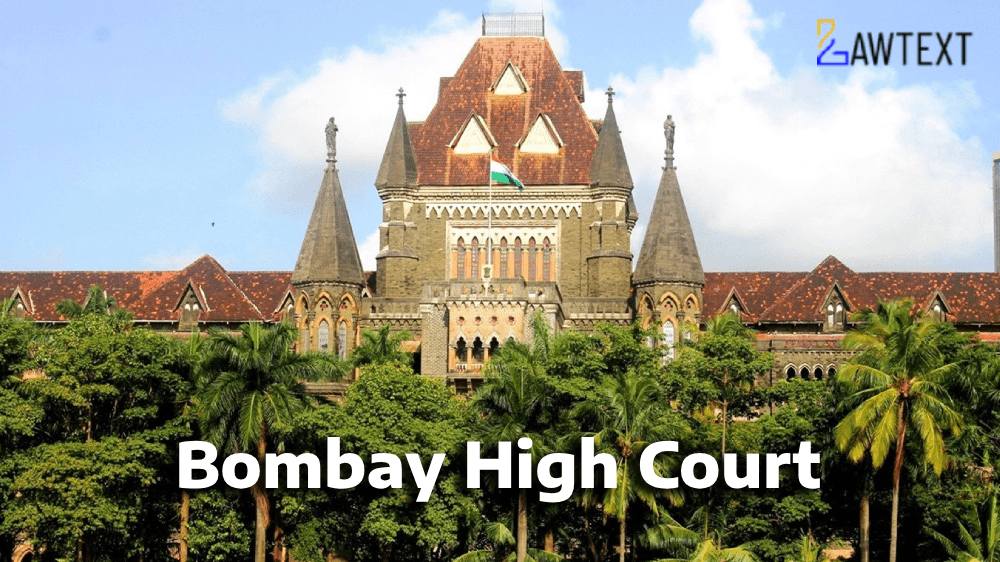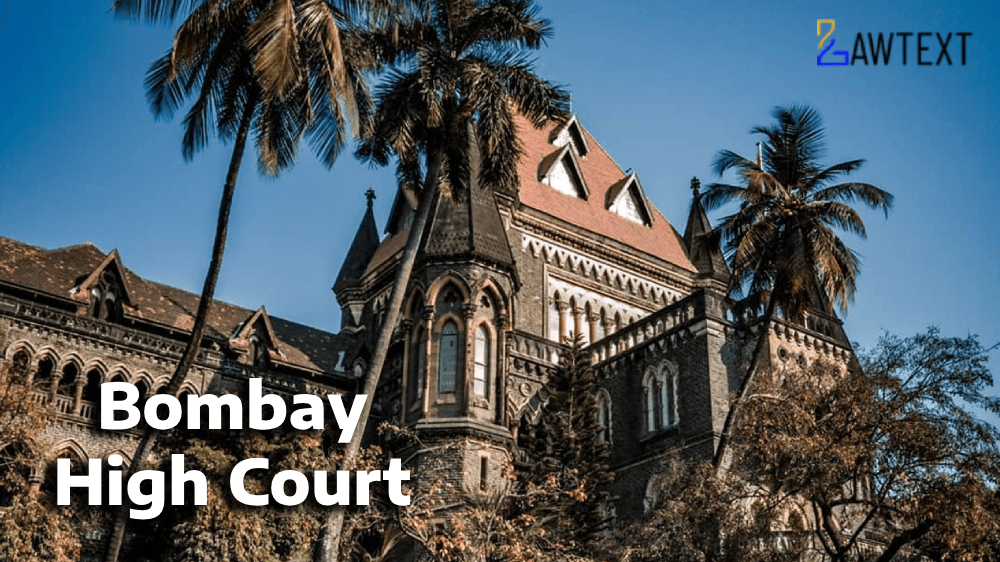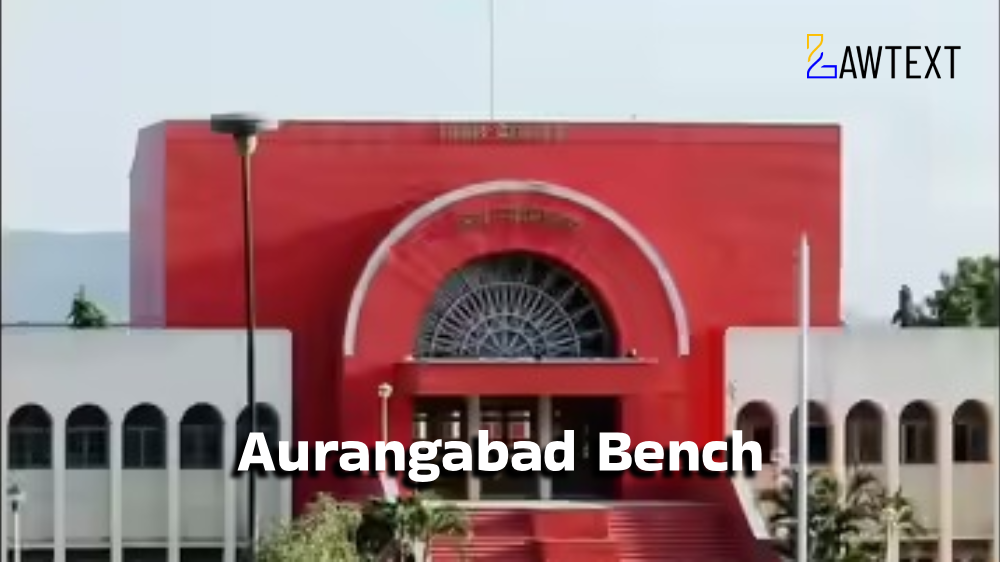Case Note & Summary
The Bombay High Court at Aurangabad Bench overturned the Scheduled Tribe Certificate Scrutiny Committee's decision, which denied validation of the petitioner’s ‘Tokre Koli’ Scheduled Tribe certificate. The court ruled that the committee’s conclusions were perverse and arbitrary, disregarding historical records and anthropological evidence substantiating the equivalence of ‘Koli Dhor’ and ‘Tokre Koli.’ This decision reinforces the principle of preponderance of probability in caste validation under the Maharashtra Act XXIII of 2001.
1. Background Petitioner: Laxman Subhash Koli. Issue: Denial of tribe validation for ‘Tokre Koli,’ claiming inconsistency with pre-constitutional records showing ‘Koli Dhor.’ Relevant Law: Maharashtra Scheduled Castes, Scheduled Tribes (Regulation of Issuance and Verification of Caste Certificate) Act, 2001. 2. Scrutiny Committee’s Findings (Para 1) Observation: Pre-constitutional records describe the petitioner’s ancestors as ‘Koli Dhor.’ Action: Rejected the petitioner’s claim and invalidated the ‘Tokre Koli’ certificate. 3. Petitioner’s Argument (Para 2-7) Historical Evidence: Cited documents and gazetteers confirming ‘Tokre Koli’ and ‘Koli Dhor’ are synonymous, listed at the same serial number (28) in the Constitution (Scheduled Tribes) Order, 1950. Legal Precedents: Relied on previous High Court rulings affirming such equivalence. Committee’s Error: Arbitrarily discredited valid historical records, including pre-constitutional entries, without plausible reasoning. 4. Respondents’ Argument (Para 8-10) Assertion: Committee followed the principle in State of Maharashtra vs. Milind, where courts cannot expand or reinterpret caste definitions in constitutional schedules. Contradiction: Asserted that ‘Koli Dhor’ is distinct from ‘Tokre Koli.’ 5. Court’s Analysis and Observations (Para 11-20) Historical Validation: The petitioner’s lineage includes pre-constitutional records (e.g., birth registrations from 1919) identifying ancestors as ‘Koli Dhor,’ and post-constitutional records (e.g., school certificates from 1952) listing them as ‘Tokre Koli.’ Principle of Equivalence: ‘Tokre Koli’ and ‘Koli Dhor’ were used interchangeably due to cultural and occupational similarities. Legal Standard: Applied preponderance of probability rather than strict proof, recognizing the petitioner’s consistent familial association with ‘Tokre Koli.’ 6. Ratio Decidendi Core Principle: Where tribes listed together in the same constitutional entry are anthropologically identical, strict differentiation is unwarranted. The petitioner cannot be penalized for historical ambiguities in caste nomenclature. 7. Decision (Para 21-24) Outcome: The committee’s decision was quashed. The petitioner was entitled to validation as a member of the ‘Tokre Koli’ Scheduled Tribe. Direction: The committee must issue the tribe validity certificate. Acts and Sections Discussed: Constitution of India, Article 226: Power of judicial review. Maharashtra Scheduled Castes, Scheduled Tribes (Regulation of Issuance and Verification of Caste Certificate) Act, 2001: Governs the issuance and validation of caste certificates. Constitution (Scheduled Tribes) Order, 1950, Article 342: Lists recognized tribes and restricts modification to parliamentary approval. Subjects:Caste Validation, Scheduled Tribe Recognition, Judicial Review.
#TokreKoli #KoliDhor #CasteValidation #ScheduledTribes #JudicialReview
Issue of Consideration: Laxman s/o Subhash Koli Versus The State of Maharashtrta Department of Tribal Development & Anr.
Premium Content
The Issue of Consideration is only available to subscribed members.
Subscribe Now to access critical case issues








